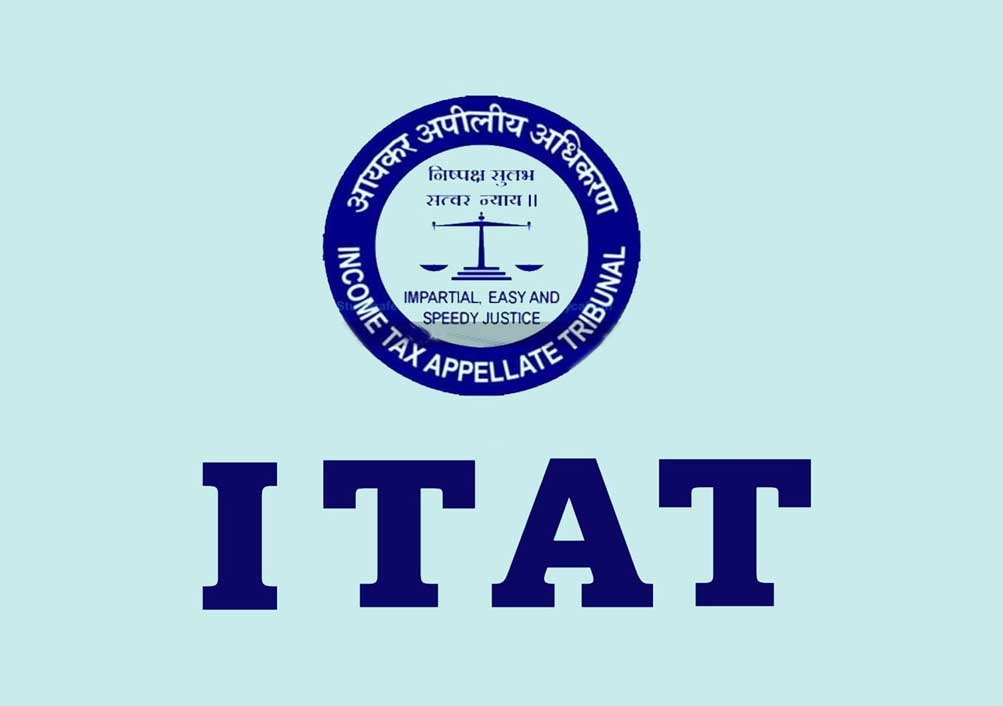InITA No. 528/Chny/2022 -ITAT- ITAT (Chennai) remands Eshakti.com case to CIT(A) for re-consideration of US subsidiary's expense disallowance
Members Mahavir Singh (Vice President) & Manoj Kumar Aggarwal (Accountant) [03-08-2023]

Read Order: ITO Corporate Ward-2(1) Chennai v. Eshakti.com Pvt. Limited
Chahat Varma
New Delhi, September 8, 2023: The Chennai bench of the Income Tax Appellate Tribunalhas remanded a case back to the Commissioner of Income Tax (Appeals) [CIT(A)] for re-consideration of the disallowance of expenses incurred by an e-commerce company's wholly-owned subsidiary in the USA.
The present case involved Eshakti.com Pvt. Limited, an e-commerce company, which primarily sold apparel to customers in the USA. To promote sales, the company had established a wholly-owned subsidiary (WOS) in the USA. The subsidiary was responsible for tasks such as collecting payments, handling returned goods, issuing refunds, advertising the assessee company's products, and operating as a customer service centre. The WOS did not engage in any other activities for any other entities, and its expenses were to be reimbursed by the assessee company. The assessee company stated that the expenses incurred by the WOS were related to selling its products outside India and that all expenses were incurred outside India. They also noted that the WOS did not have a permanent HR setup in the USA and hired individuals on a contract basis. As a result, they categorized the reimbursements as professional services. Importantly, in the past, the WOS did not charge any markup for its services, and thus, the assessee company contended that there was no requirement for TDS in this scenario.
On the other hand, the Revenue argued that the CIT (A) had made an error by deleting the disallowance of Rs. 5,70,58,802. This was due to the absence of a separate agreement for expense reimbursement between the assessee company and its non-resident US subsidiary.
The two-member bench of Mahavir Singh (Vice President) & Manoj Kumar Aggarwal (Accountant) noted that the CIT(A) had primarily considered that the requirement for technical services to be ‘made available’ was not met. Therefore, based on the India-US Double Taxation Avoidance Agreement (DTAA), the impugned additions were deleted.
However, the bench held that the assessee's argument rested on the idea that the services were not of a technical nature and were reimbursed on a cost-to-cost basis. Nevertheless, during the remand proceedings, the assessee had failed to provide sufficient evidence to support this claim.
As a result, the bench concluded that the decision in the challenged order could not be sustained. The order under dispute, insofar as the disallowance had been deleted, was set aside and the matter was remanded to the CIT(A) for re-consideration.
Sign up for our weekly newsletter to stay up to date on our product, events featured blog, special offer and all of the exciting things that take place here at Legitquest.




Add a Comment